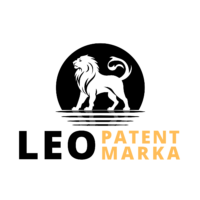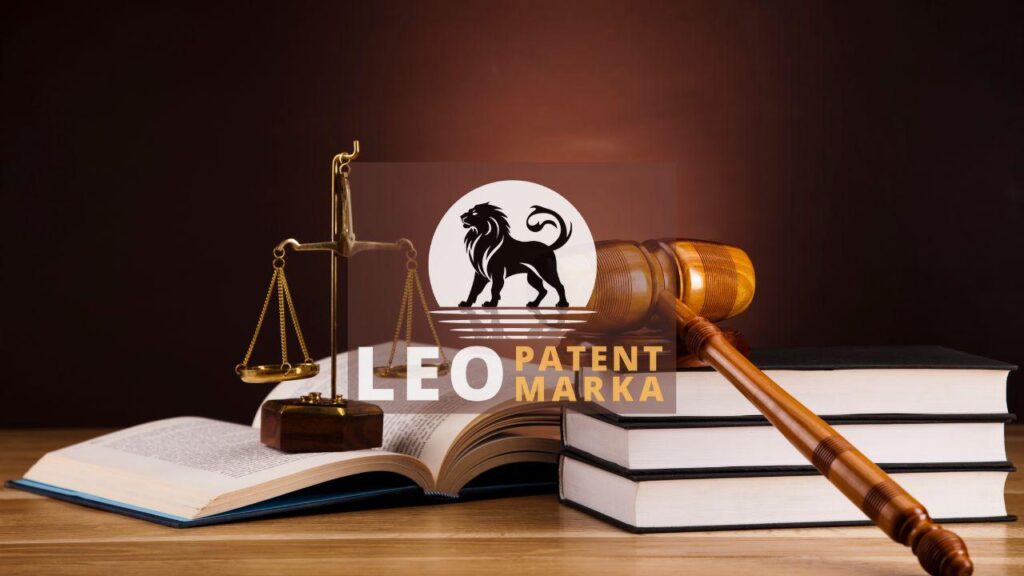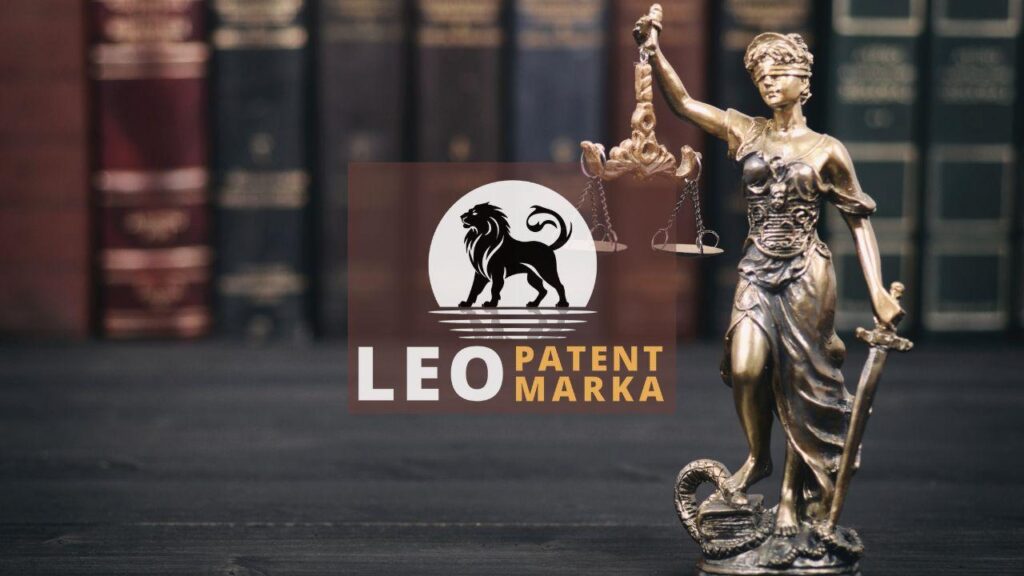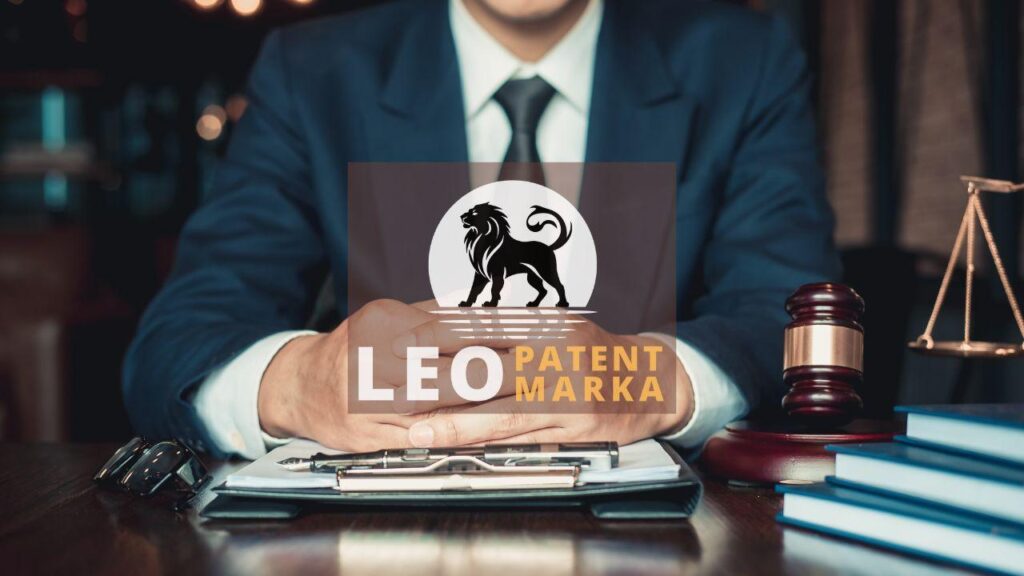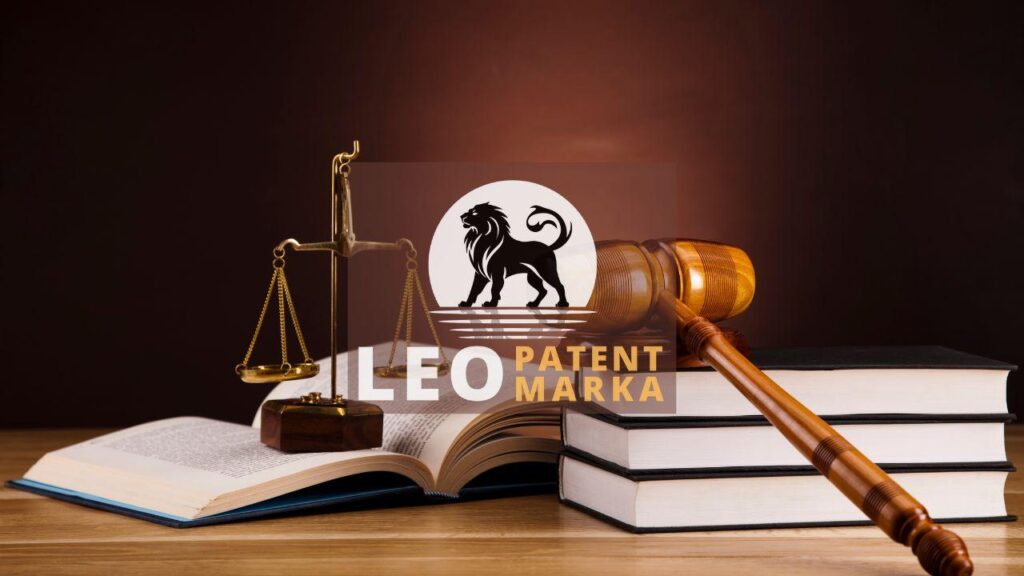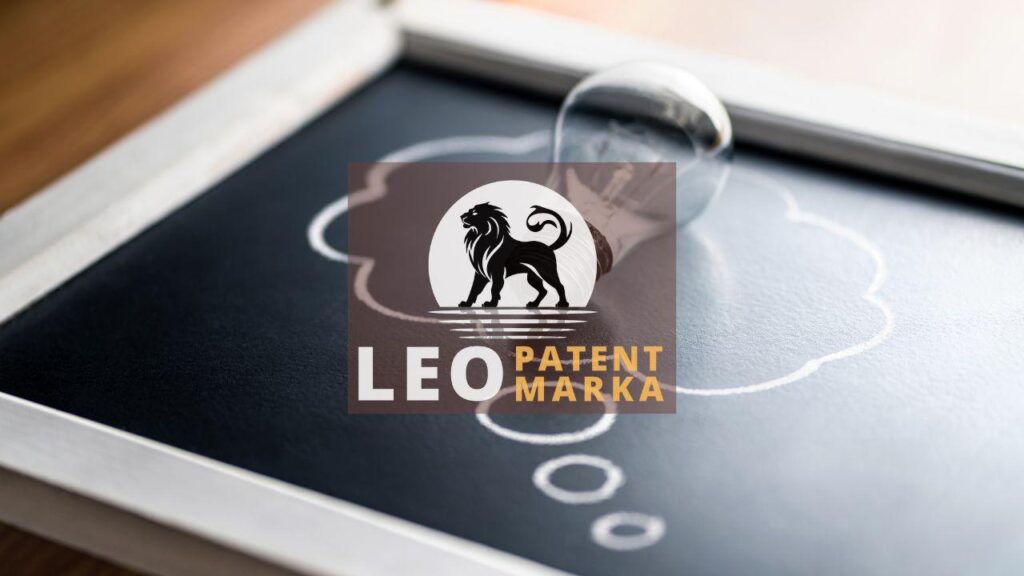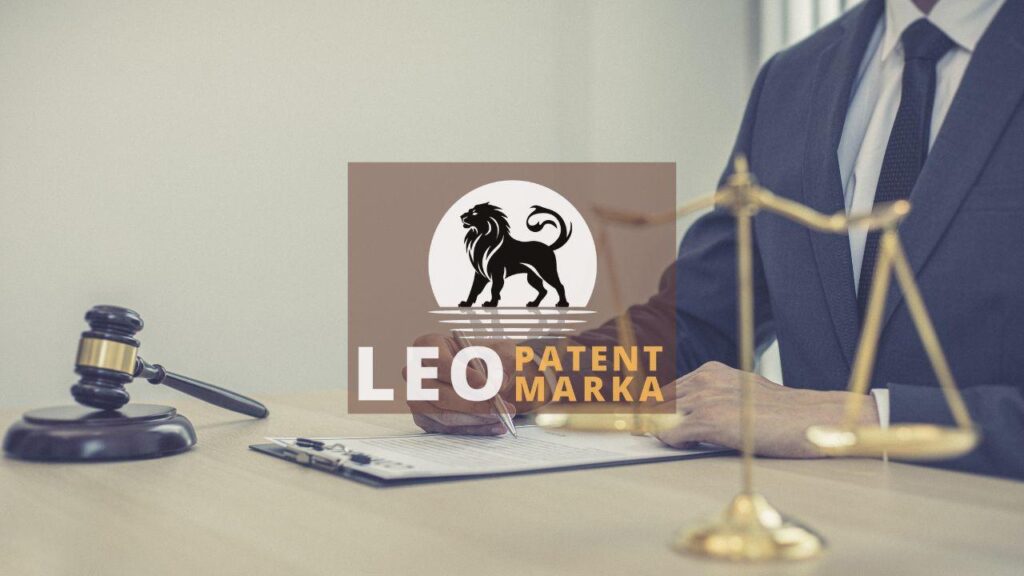In the fast-paced world of innovation and creativity, safeguarding intellectual property has become paramount for businesses and individuals alike. At Leo Patent, we understand the importance of effectively managing and leveraging your designs through robust legal frameworks. The preparation of a design licensing agreement is a crucial step in protecting your design rights while enabling you to maximize the commercial potential of your creative works. Our expertise in Turkey’s IP and legal landscape empowers us to provide comprehensive assistance in creating tailored licensing agreements that not only align with your strategic goals but also ensure compliance with Turkish intellectual property regulations. Whether you are an artist, entrepreneur, or business leader, a well-crafted design licensing agreement can be a cornerstone of your intellectual property strategy.
Key Provisions to Include in Your Licensing Agreement
One of the most critical aspects of drafting a design licensing agreement is ensuring that it contains all the necessary provisions to safeguard your interests and define the scope of the license clearly. Key provisions to include are the scope of the license, which outlines whether the license is exclusive or non-exclusive, and the territory where the design rights can be exercised. Defining the duration of the license is equally important, as it sets the time frame within which the licensee can use the design. Additionally, specifying the royalties or licensing fees ensures clear financial terms, while the inclusion of quality control measures enables the licensor to maintain the integrity of the design. These elements collectively help in minimizing potential disputes and ensuring both parties are aligned in their expectations and obligations.
Another critical provision to include in a design licensing agreement is the detailed description of both parties’ rights and obligations. Clearly outline the licensor’s responsibility to provide any necessary support, such as technical assistance or updates to the design. On the other hand, the licensee’s duties should encompass adherence to standards and guidelines set forth by the licensor. Furthermore, the agreement should address the issue of intellectual property infringement and the steps each party must take if such an event arises, including who will bear the costs of legal action. Indemnification clauses can also offer protection by specifying that the licensee will hold the licensor harmless against claims arising from the licensee’s activities. By covering these aspects, the agreement provides a comprehensive framework for cooperation and accountability.
Lastly, it’s imperative to consider termination and dispute resolution clauses in your design licensing agreement. Clearly defining the conditions under which the agreement can be terminated, such as breach of contract, insolvency, or mutual agreement, ensures that both parties are aware of the scenarios that could end the license. Additionally, including a dispute resolution mechanism, such as arbitration or mediation, provides a structured process for resolving conflicts that may arise during the term of the agreement. Governing law and jurisdiction provisions are equally important, as they determine which country’s legal framework will apply to the agreement and where disputes will be adjudicated. At Leo Patent, we emphasize the necessity of these provisions to safeguard your rights and interests, ensuring a smooth and mutually beneficial licensing relationship.
Understanding Royalty Structures and Payment Terms
When preparing a design licensing agreement in Turkey, understanding the royalty structures and payment terms is vital to ensuring a mutually beneficial relationship between the licensor and licensee. A well-defined royalty structure stipulates the financial compensation the licensor will receive, which can be based on a fixed fee, sales percentage, or hybrid models. Clarity in payment terms, such as the timing of payments, frequency, and methods, prevents potential conflicts and ensures predictable revenue streams. At Leo Patent, we assist our clients in crafting clear and enforceable royalty provisions that comply with Turkish regulations, aligning with the specific commercial objectives of both parties involved.
In addition to defining the monetary aspects, it is essential to consider other critical components such as reporting requirements and audit rights within the licensing agreement. Regular reporting ensures transparency and allows licensors to monitor the licensee’s sales and usage of the licensed design, which in turn enables accurate royalty calculations. Including provisions for audit rights gives licensors the legal authority to verify the licensee’s records, thereby mitigating the risk of underreporting and ensuring financial integrity. At Leo Patent, we emphasize the importance of these clauses and work diligently to integrate them into your design licensing agreements, ensuring robust documentation and oversight that protect your interests and foster a trustworthy partnership.
Another crucial aspect often overlooked in design licensing agreements is the determination of the license duration and renewal options. Clearly specifying the term of the license provides both parties with a shared understanding of the agreement’s lifespan. Renewal clauses should be meticulously crafted to detail the conditions under which the license can be extended, often contingent on the licensee meeting certain performance benchmarks or continuing to adhere to payment obligations. At Leo Patent, we provide expert guidance in establishing balanced and transparent term and renewal provisions that protect the licensor’s rights and offer the licensee manageable pathways to prolong their licensing arrangement. Our in-depth knowledge of Turkish intellectual property law ensures that these agreements are not only compliant but also strategically beneficial, giving you peace of mind and enabling you to focus on creative innovation and business growth.
Ensuring Compliance with Turkish Intellectual Property Laws
Ensuring compliance with Turkish intellectual property laws is fundamental when drafting a design licensing agreement. Turkey’s intellectual property regulations mandate specific requirements to safeguard both licensors and licensees, such as registering the design with the Turkish Patent and Trademark Office (TürkPatent) and ensuring the agreement explicitly outlines the scope of the licensed rights. At Leo Patent, we are adept at navigating these legal specifications, helping you craft agreements that not only fulfill statutory obligations but also protect your interests. By working with us, you can avoid common pitfalls and ensure that your licensing agreements are both legally sound and strategically advantageous, thereby securing your design’s value in the Turkish market.
A crucial aspect of compliance involves clearly defining the terms of the license, including its duration, territorial scope, and any sublicensing permissions. These elements must be articulated with precision to prevent any potential ambiguities that could lead to legal disputes or challenges. Additionally, the agreement should incorporate clauses addressing royalty structures, confidentiality provisions, and infringement liabilities to align with Turkish legal standards. At Leo Patent, we use our extensive knowledge of Turkey’s IP laws to ensure that every clause in your licensing agreement serves its intended purpose and upholds the integrity of your design rights. Our attention to detail in structuring these agreements translates to greater legal security and commercial viability for your designs.
Moreover, it’s essential to include provisions that establish mechanisms for dispute resolution and termination of the agreement to manage any future conflicts effectively. These clauses should specify the governing law and jurisdiction, as well as outline procedures for mediation or arbitration, offering a clear pathway to resolve disagreements amicably. At Leo Patent, we emphasize the importance of these components to mitigate risks and prevent protracted legal battles. Furthermore, regular audits and reviews of the licensing agreements can help ensure ongoing compliance with evolving Turkish IP regulations. By incorporating these proactive measures, we help safeguard your interests and secure the enduring value of your designs in a competitive market.
Disclaimer: This article is for general information purposes only and it is recommended that you consult experts and companies in that field to evaluate your specific situation. We are not responsible for any damage that may arise from the use of the information in this article.
